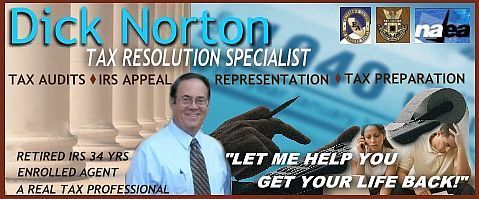Administrative Appeals
The Internal Revenue Service has an administrative appeals function that enables taxpayers to have their IRS Audit or Collection cases reviewed by Appeals Officers or Settlement Officers who are independent of the Examination and Collection functions. Historically, over 80% of the cases considered by Appeals are resolved, most often for less than the deficiency proposed by the Area Office.
Appeals employees are among the most technically proficient of all the IRS functions. To be successful in getting your case resolved for the lowest possible amount, it is my opinion that you need a representative who not only is technically proficient in tax law, but is very familiar with the Appeals Division’s processes and procedures. As the former Associate Chief of Appeals for the Los Angeles Appeals Office, I managed groups of Appeals Officers. In that capacity, I reviewed each of my Appeals Officer’s proposed settlement or recommendation for litigation for each of their cases. I either approved or rejected their proposals based upon my analysis of the facts in the case, the law, and when applicable, the hazards of litigation. Hazards of litigation for settlement purposes are ONLY considered in Appeals. That authority is not given to Revenue Agents or Tax Compliance Officers.
You may be asking yourself just what are the hazards of litigation. To illustrate the process, the Appeals Officer first reviews and evaluates the facts in the case, and the applicable statutes and legal precedents. After considering all of these aspects, he or she will evaluate the “hazards” the government (IRS) will face in litigating the case in the appropriate court. If the Appeals Officer believes that the IRS may have a 40% chance of losing the case in trial, then he or she may entertain a settlement proposal whereby the taxpayer concedes 60% of the issue in the case.
If there are multiple issues involved in the case, then each issue will likely have its own hazard of litigation. For example, the facts for one issue may be better developed than for another. There may be more (or less) case law that pertains to one issue or another. As you can imagine, determining the hazards both the IRS and the taxpayer will face in litigation is a very subjective determination. Having a representative who is knowledgeable of the process Appeals Officers use in formulating and applying a hazards of litigation settlement is critically important to achieving a favorable resolution of a case in Appeals.
Currently, the majority of cases in Appeals are the result of collection actions or threatened collection actions. Here is a link to a video authored by Appeals that discusses the Appeals’ process in considering these cases:
